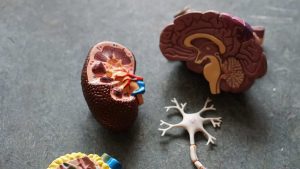In most parts of the world old people are excluded just because they are old. The days when old people were respected for their wisdom and experience have mostly disappeared.
Dementia, usually of the Alzheimers’ or vascular type, occurs almost entirely in older people. The great majority of people with dementia are doubly excluded both because they are old and because they have lost their memories and are regarded as useless and a nuisance. This is no way for people to end their lives. Those who care for people with dementia are also excluded from society because they do not have the time or the money to enjoy a social existence. This need not happen.
Dementia care is a global problem. 2 out of 3 people with dementia live in developing countries. There are currently 18 million people with dementia world-wide. This number will rise to 34 million in 25 years time. This is entirely due to the rapid aging of populations. Most people in this room have a close relative or family friend with dementia. Think of that person and multiply the problem by 34 million. Most carers have to cope with dementia in a relative with many fewer resources than you do.

Thinking ahead and winning the battle on dementia through memory care and family support
Improving the recognition of dementia and training in memory care are two further priorities for action. Families want to know what is wrong with their relatives when they have loss of memory. They need to know how to manage and to plan for the future. The disease is slowly progressive, can last up to 20 years, and is ultimately fatal. Primary care workers in every country need to understand the importance of making a diagnosis when a person has a memory problem. People with the disease and their families then need to be fully informed about the disease and need support and advice on a long-term basis. Support can be very effectively done by Alzheimer associations in collaboration with primary care workers. If families are well supported, the people they are caring for often become much easier to manage.

There is as yet no cure nor any way of preventing the disease. But we already know from existing research that much can be done and the quality of life of the person with dementia and their carers can be much improved.
